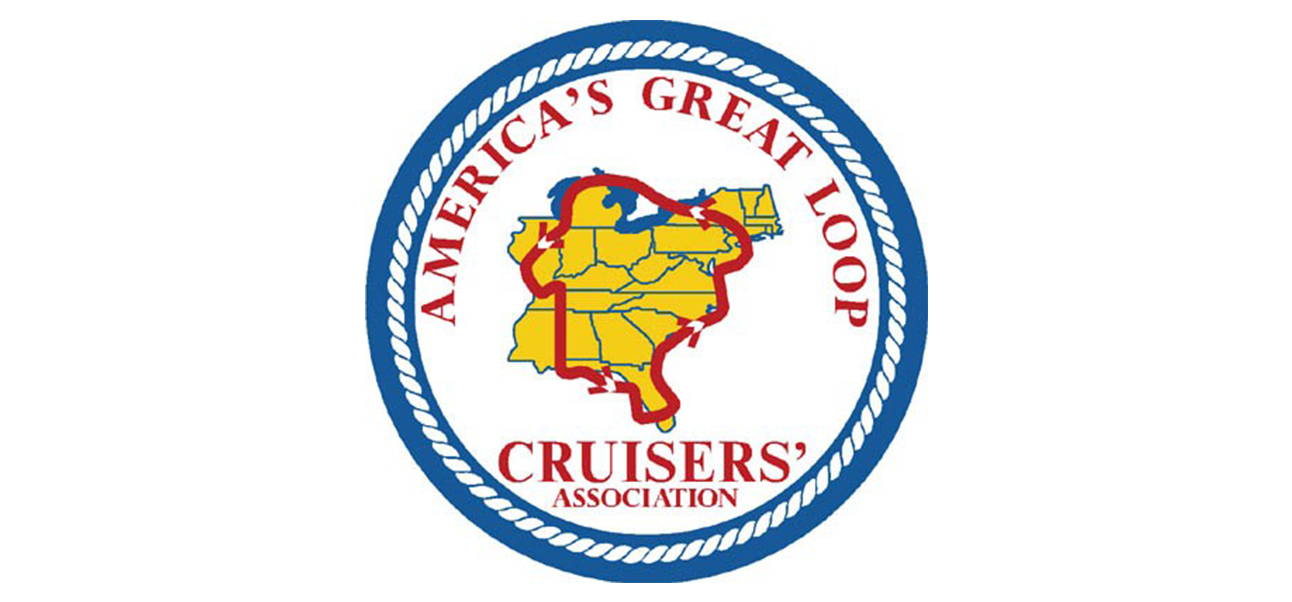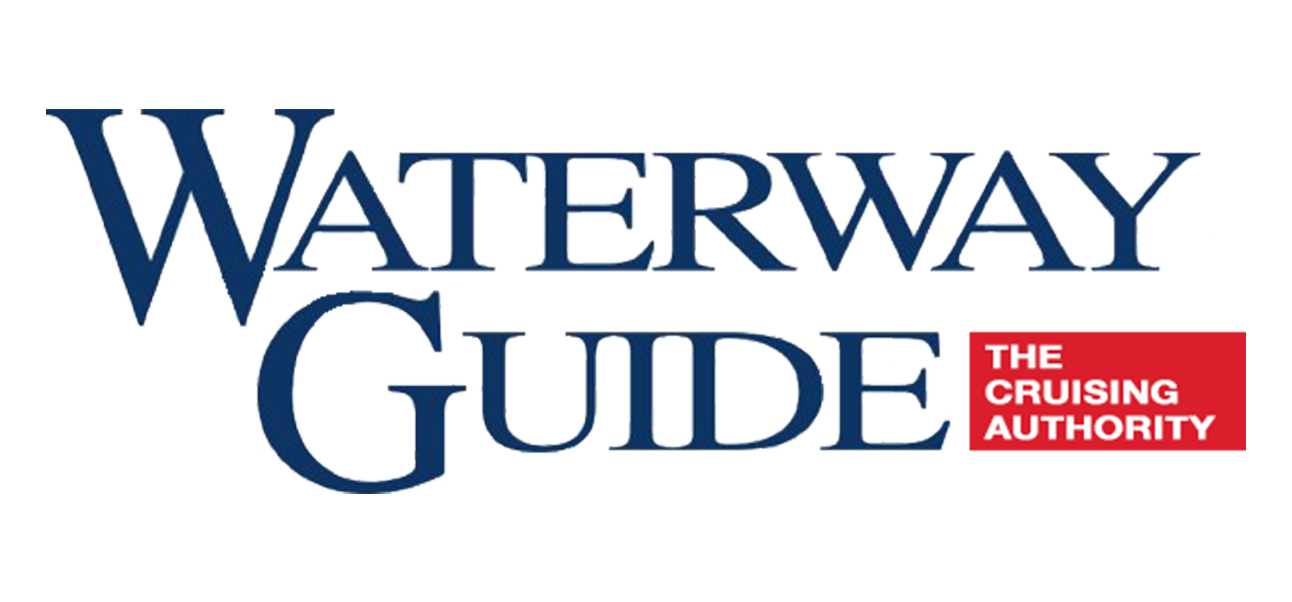Environment
Trent Port Marina is a first-class municipal marina unlike any of its kind.
Boaters' Environmental Code of Conduct
- Keep all garbage on board the boat until it may be placed in waste containers.
- Separate recyclables and dispose of accordingly.
- Separate all hazardous wastes such as: oils, antifreeze, paints, solvents, cleaners, batteries, fuel, and oil filters and take all wastes to municipal household hazardous waste disposal.
- Avoid spilling fuel, oil or any chemicals/cleaners into the water. Refrain from pumping oil-contaminated bilge water overboard.
- Take all precautions to avoid leaving any debris, litter or liquid contaminants behind.
- Avoid pumping grey water overboard when in Marina or anytime that you are on the water. Grey water should be removed using an acceptable sumping system.
- Never discharge raw sewage from the black-water holding tanks anywhere other than the pump-out station.
- Use environmentally-responsible products whenever and wherever possible.
- Always show respect for the environment and wildlife.
Great Lakes Plastic Cleanup Project
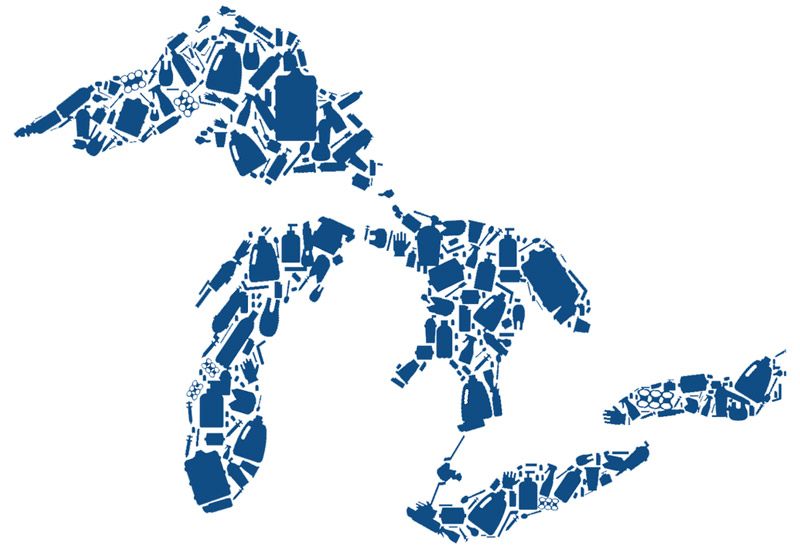
It is estimated that 10 million kilograms of plastics enter the Great Lakes each year. Studies show that 80% of litter found on Great Lakes shorelines is plastic, raising public and political concerns about plastics in our environment and pollution pathways to extraordinary levels.
The Great Lakes Plastic Cleanup, founded by Boating Ontario, the Council of the Great Lakes Region, Pollution Probe, PortsToronto and the U of T Trash Team, thanks to funding from government and corporate partners, is a first-of-its-kind initiative using innovative Seabin and LittaTrap technology to quickly capture and remove plastics and other litter at marinas from Lake Ontario to Lake Superior and everywhere in between. Through research, outreach and education, and collaboration with various organizations, the Great Lakes Plastic Cleanup will work to identify sources of litter entering our waterways and how government, industry, and consumers can work together to reduce, reuse and recycle material waste.
Trent Port Marina is proud to have been invited to participate in this exceptional environmental initiative and to contribute to research that will quantitatively measure our impact and inform local source-reduction.
Boating Ontario's Clean Marine Program
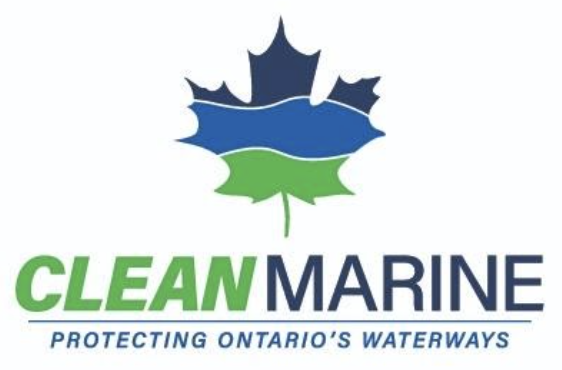
Trent Port Marina is proud to be a member of Boating Ontario’s Clean Marine Eco-Rating program. The Program allows marine businesses to follow best environmental practices to reduce and prevent water, air and land pollution associated with recreational boating activities in Ontario.
The Program is voluntary and every Clean Marine marina must pass a comprehensive environmental audit to ensure compliance with the Program standards set out in the Clean Marine Operations Handbook. Developed through the cooperation of Boating Ontario, Environment Canada and the Ontario Ministry of the Environment, the Handbook sets out more 220 environmental practices that cover all aspects of marine operations from fueling to waste oil, shrink wrap and paper recycling, to money-saving initiatives such as energy conservation.
Trent Port Marina proudly flies the Clean Marine environmental flag, your assurance that it has adopted some of the highest environmental standards for marinas in the world.
Lower Trent Conservation
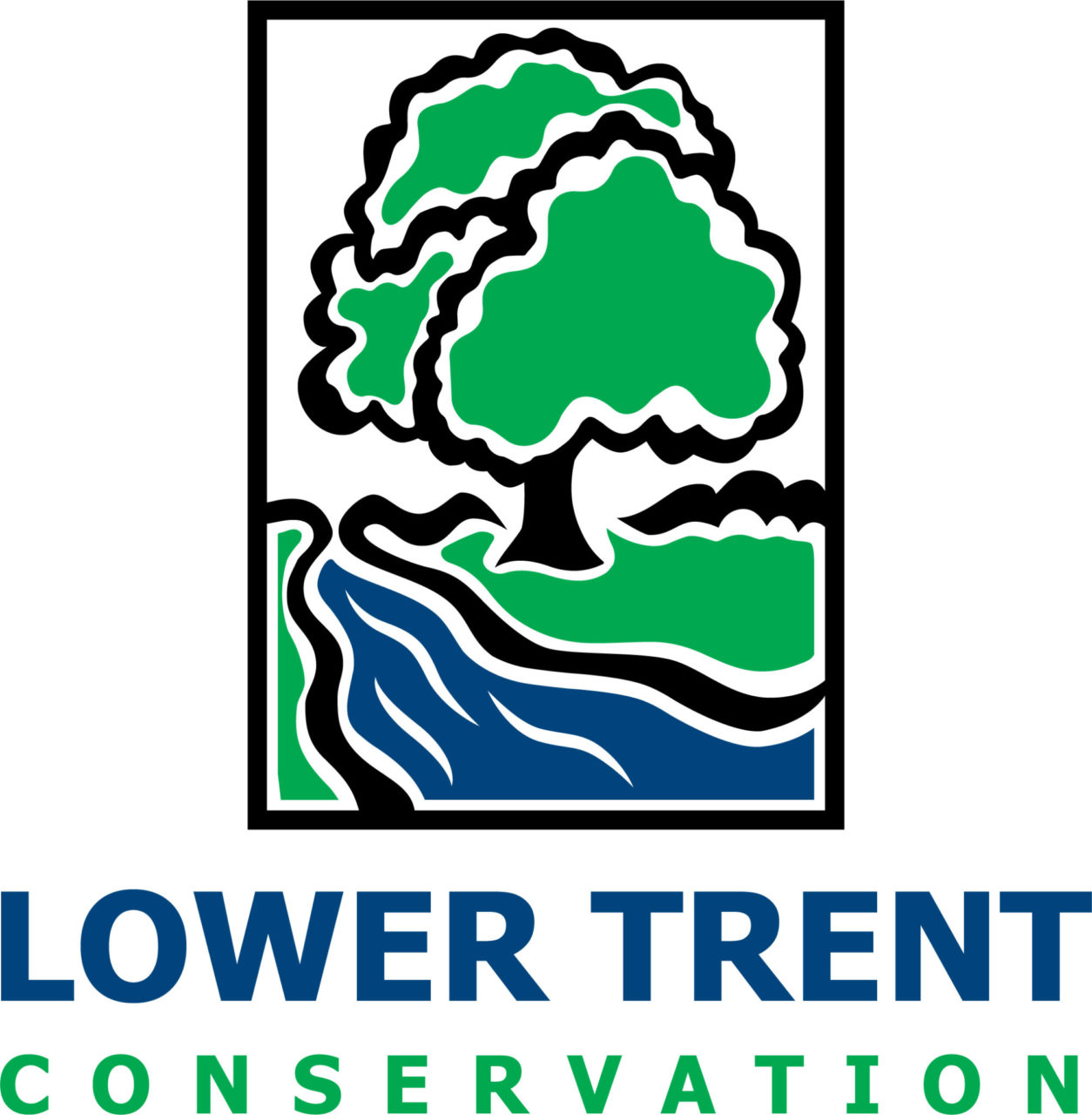
Bay of Quinte Remedial Action Plan
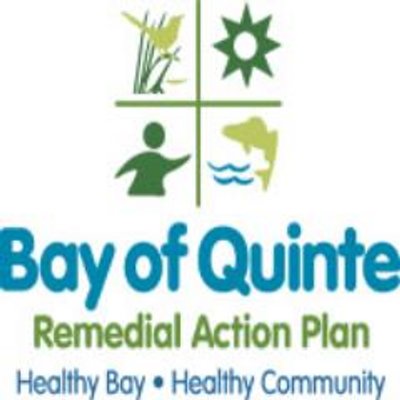
For the Bay of Quinte, the RAP process was started after 1985 when it was designated as an Area of Concern. A Stage One report was written in 1990 that defined the environmental conditions and problems. It outlined four ecosystem problem areas: excess nutrients, bacterial contamination, toxins, and loss of fish and wildlife habitat. In 1993, a Stage Two report was completed. This report listed eleven Beneficial Use Impairments and made 80 recommendations for remedial actions to address these “BUIs”. It also established delisting criteria (i.e. targets and measures) that need to be met to restore the BUIs.
The Bay of Quinte is currently in Stage Two and has made significant progress since 1993. The next phase in the process is Stage Three. Through the RAP process, the Bay is very close to reaching Stage Three. The RAP is working to complete monitoring to ensure that delisting targets and measures for the ten BUIs have been met and to document the completion of the 80 recommendations for remedial actions. When Stage Three is complete, the Area of Concern is “delisted”. The decision to delist an Area is made by the federal, provincial, and local RAP participants, with advice from the International Joint Commission. When an Area is delisted, however, it doesn’t mean all the work is done. Continued diligence is essential to ensure that the environmental quality is sustained into the future.
